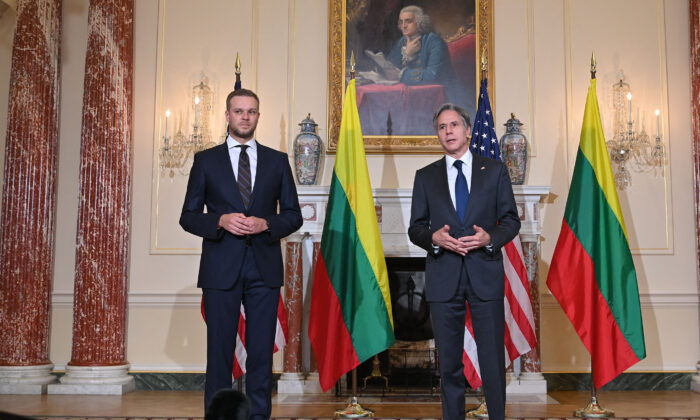This begs the question, then ... does this person (?) understand what is being posted ? You'd have to believe the answer is 'yes'.
It should therefore follow that, however simple the conversation might be, at least basic discussion comments could be left. If you're right, then I'm sure that there are members here who'd make an effort to adjust to what was required.
No. It's inconceivable that anyone would confidently post such lengthy pieces, without knowing their meaning. Discussion has to be possible. So, where is it ?










 Reply With Quote
Reply With Quote



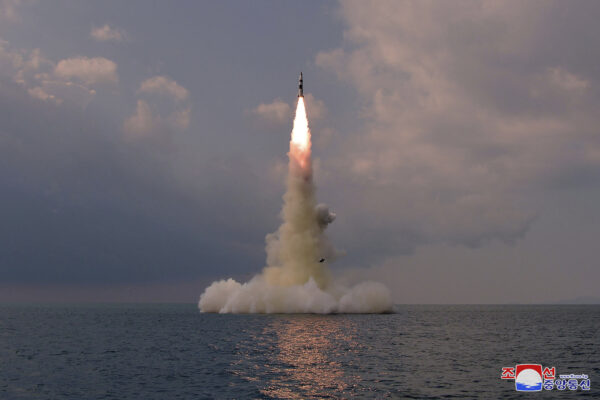

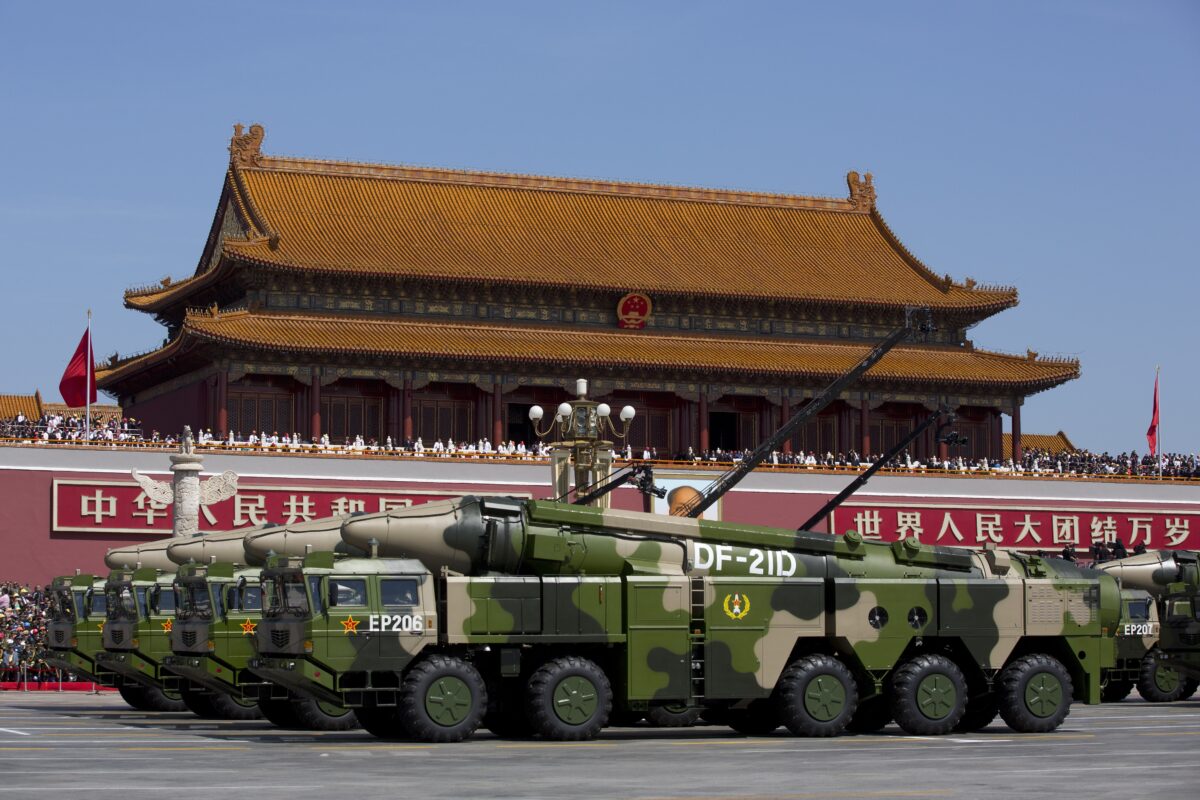
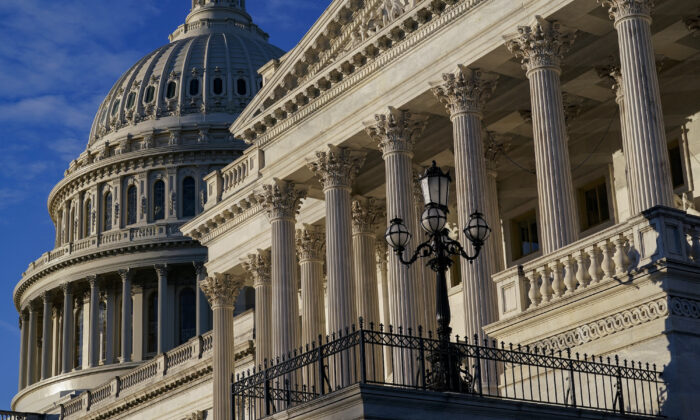

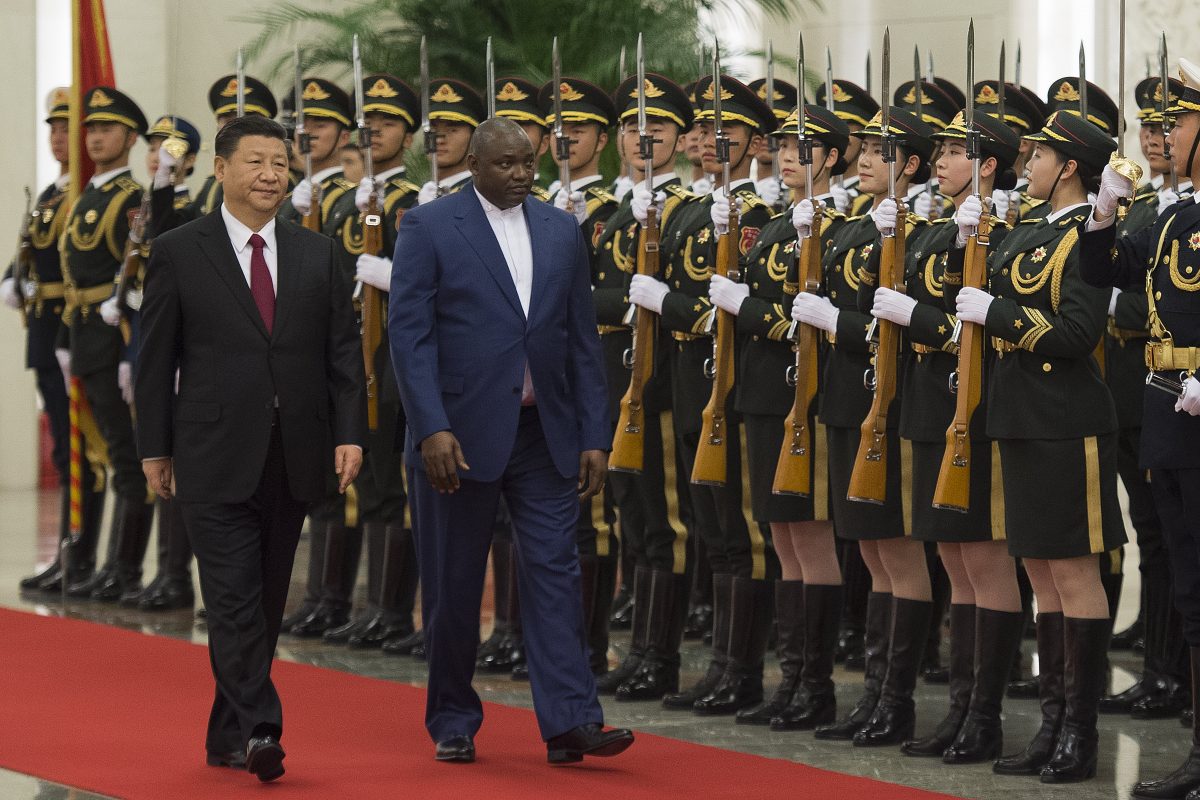
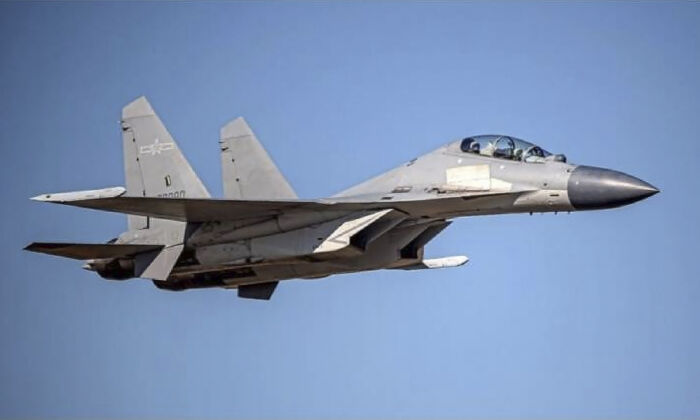

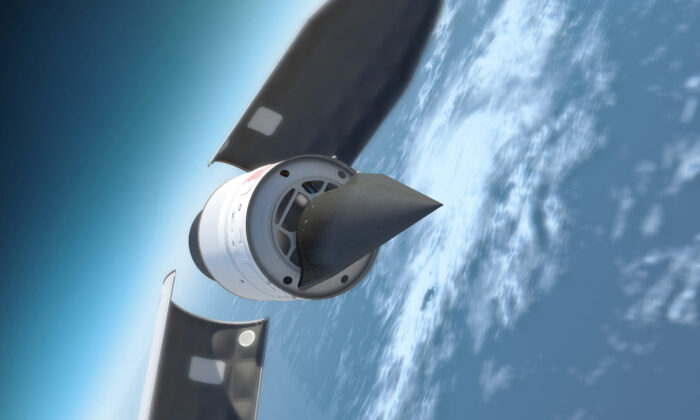
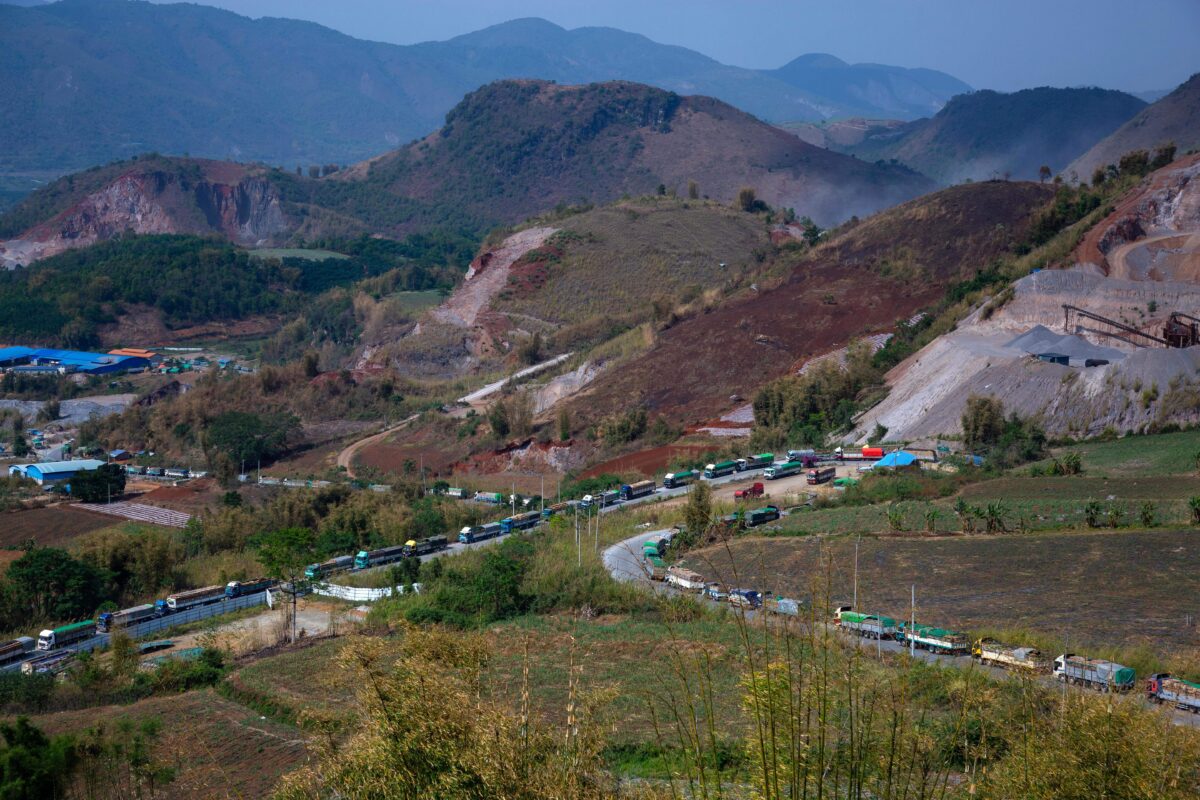
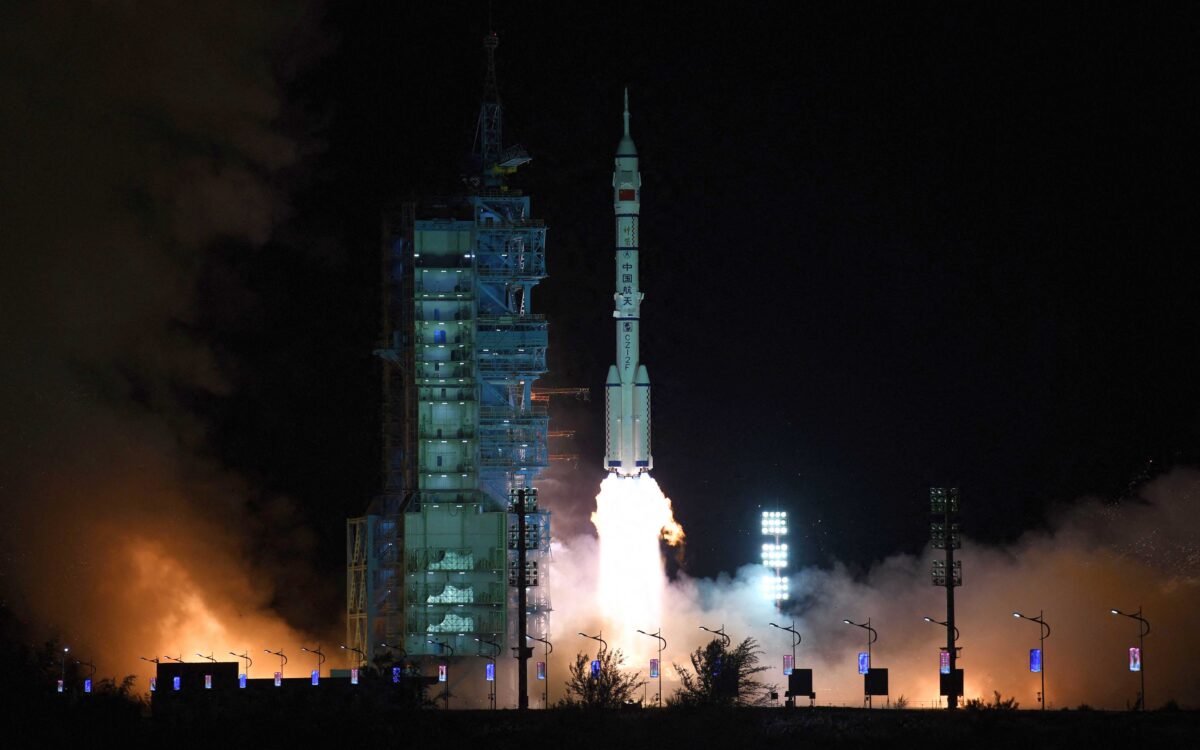
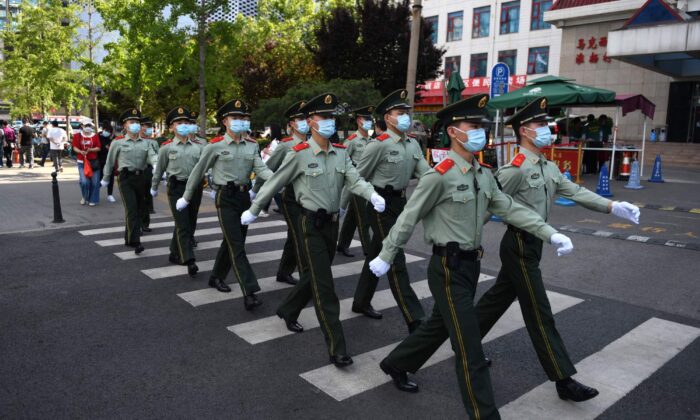
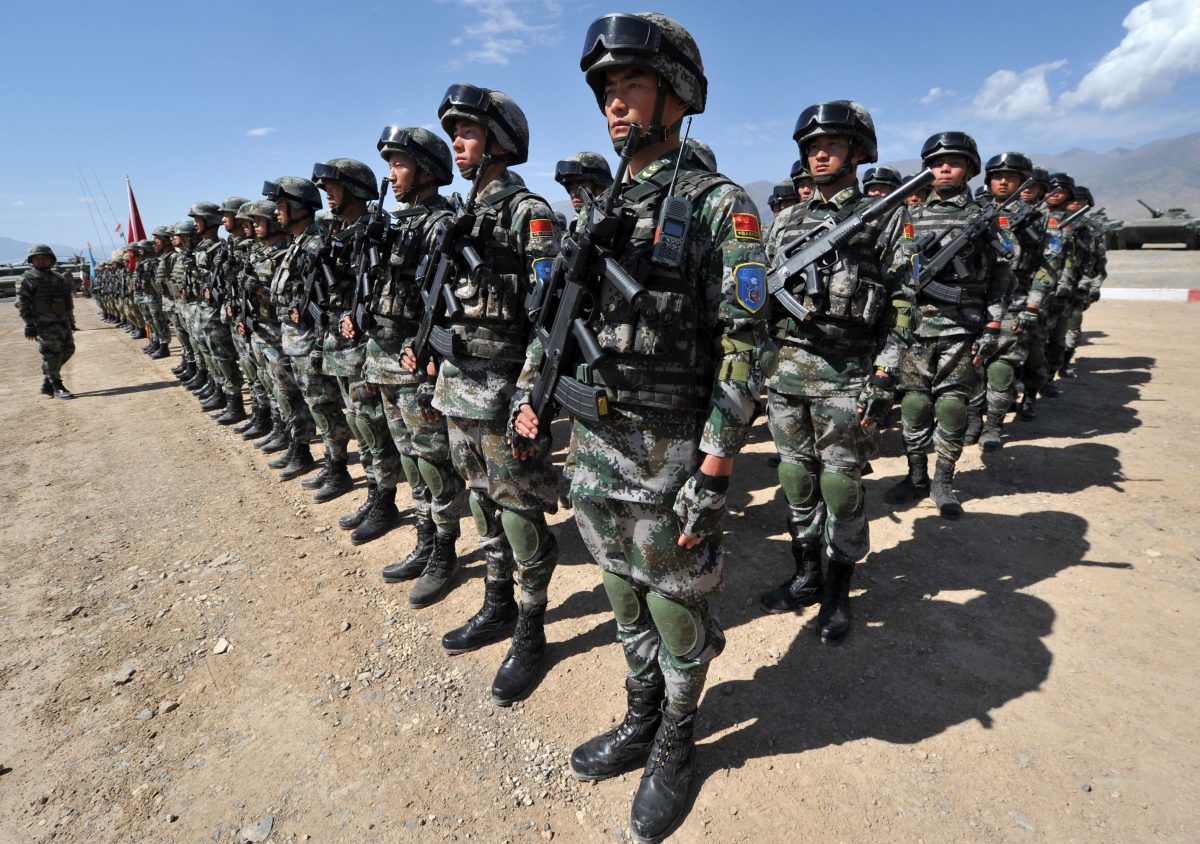




 away. Let's see if Jim will continue to put up with it.
away. Let's see if Jim will continue to put up with it.
